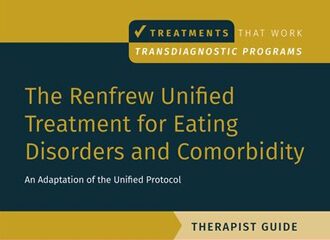Published by: HuffPost
Written By: Brittany Wong

Trigger warnings are all over the internet, warning readers that the content they’re about to encounter mentions topics they may find distressing: eating disorders, suicide, self-harm, sexual abuse and so on. An italicized disclaimer at the top of an article about an actor’s struggle with bulimia might read: This article contains descriptions of eating disorders that may be triggering for some individuals.
Scrolling online can be an emotional minefield, and on the surface, trigger warnings seem like a considerate heads up to people living with mental health issues. But a new study out of Flinders University in Australia suggests these types of warnings may not be as helpful as you’d assume.
The research, a meta-analysis of previous studies that looked at the usefulness of trigger and content warnings, found that such disclaimers may actually increase people’s anxiety and lead to a “pandora effect” where the curiosity to proceed is only made stronger.
“We found that the main claims about the potential benefits of trigger warnings— that they either help people to mentally prepare to cope with negative material, or are used to completely avoid negative material — are unfounded,” said Victoria Bridgland, a post-doctoral researcher at Flinders and the lead author of the study, which was published in the journal Clinical Psychological Science.
“Trigger warnings can lead to anticipatory anxiety, the heightened feeling of oncoming dread, doom, or worry about something occurring in the future,” she said.

With trigger warnings, we’re often contending with two separate stimuli, explained Samantha DeCaro, a psychologist and the director of clinical outreach and education at the Renfrew Center, a national eating disorder treatment center.
“We respond emotionally to the distressing content, but also to the trigger warning itself,” said DeCaro, who was also not involved in the study.



